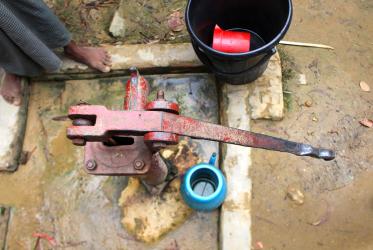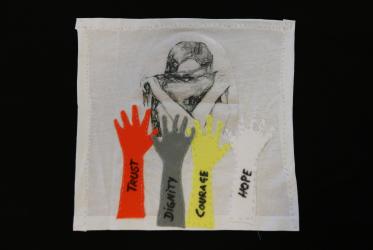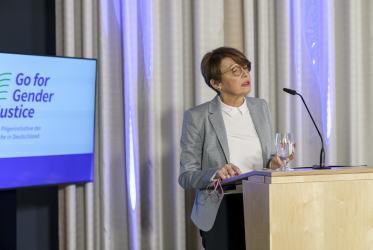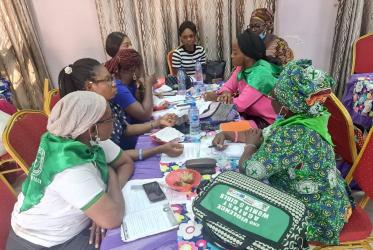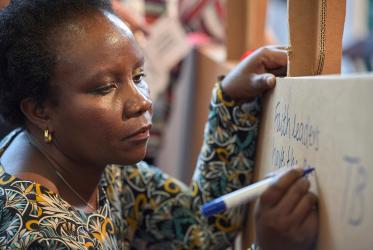Displaying 141 - 160 of 654
WCC governing body builds momentum toward WCC 11th Assembly
15 February 2022
Thursdays in Black Valentine’s Day message: Love heals, not hurts
14 February 2022
Nigerian churches train women and girls on human rights
20 December 2021
“Bathroom ministry” for the homeless
14 December 2021
